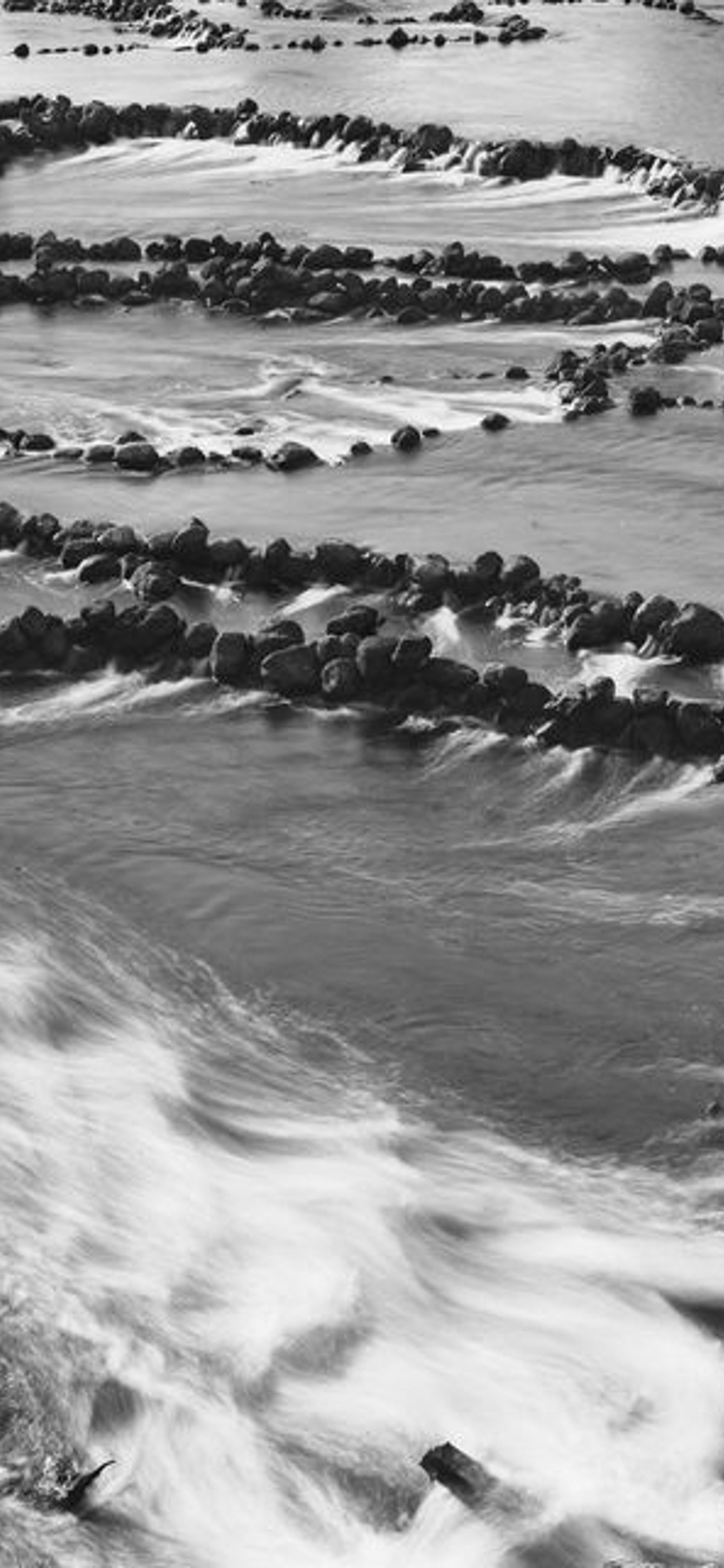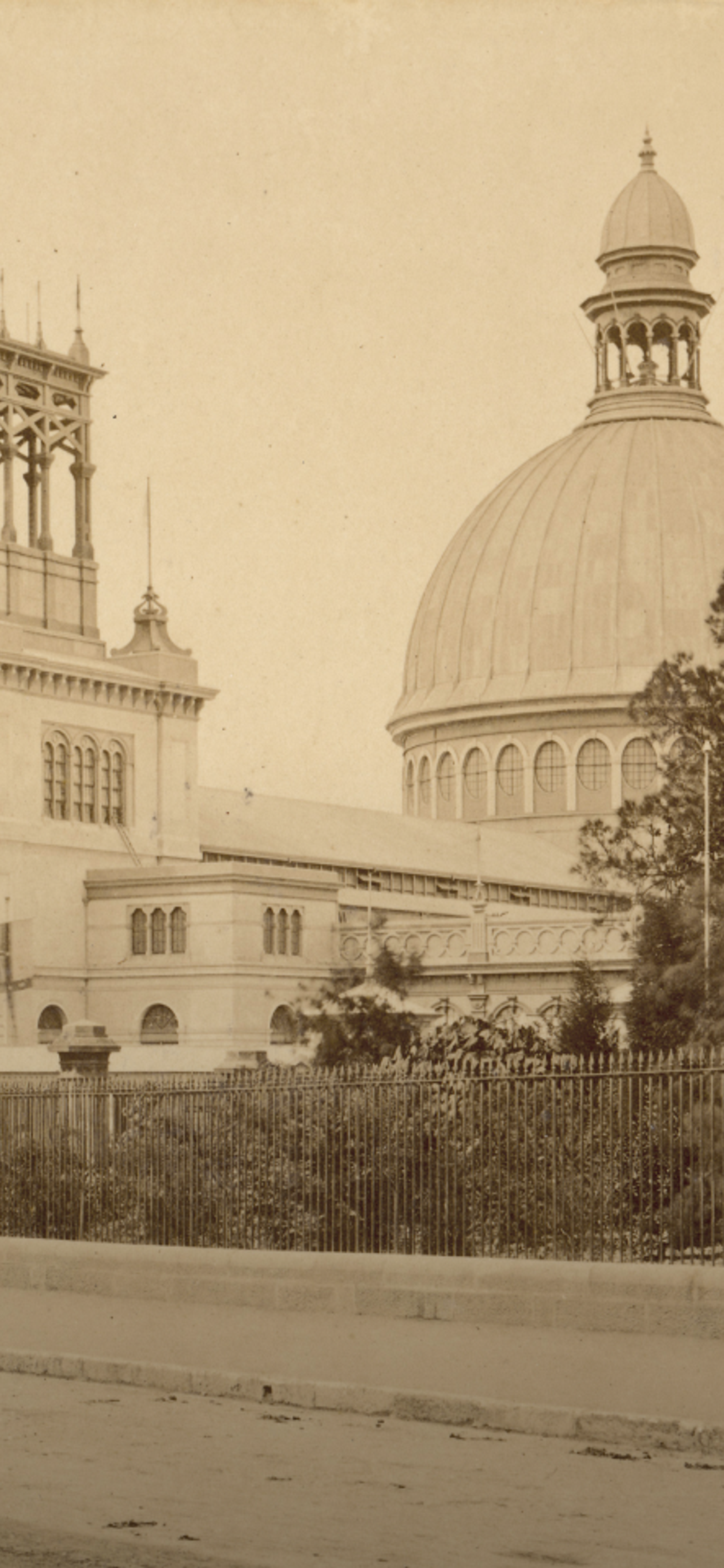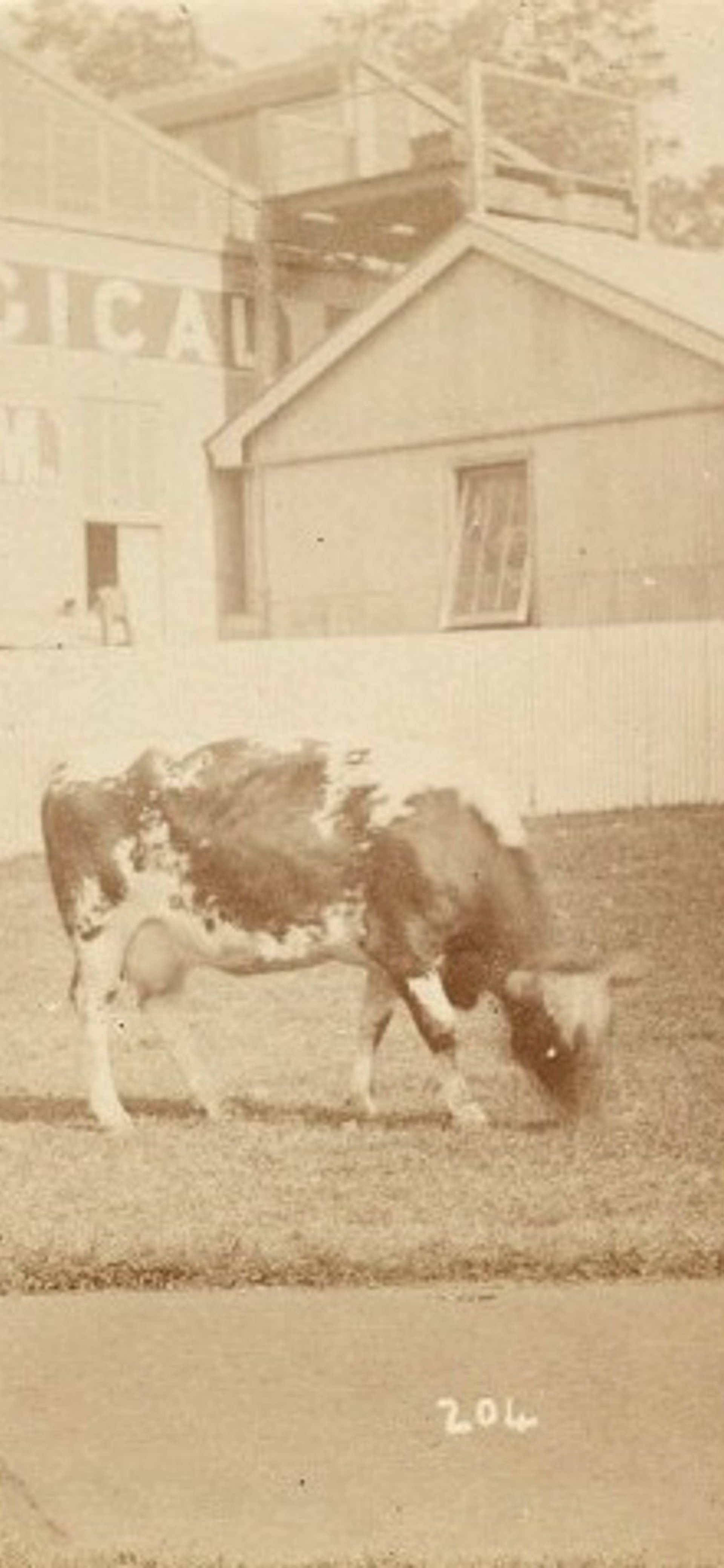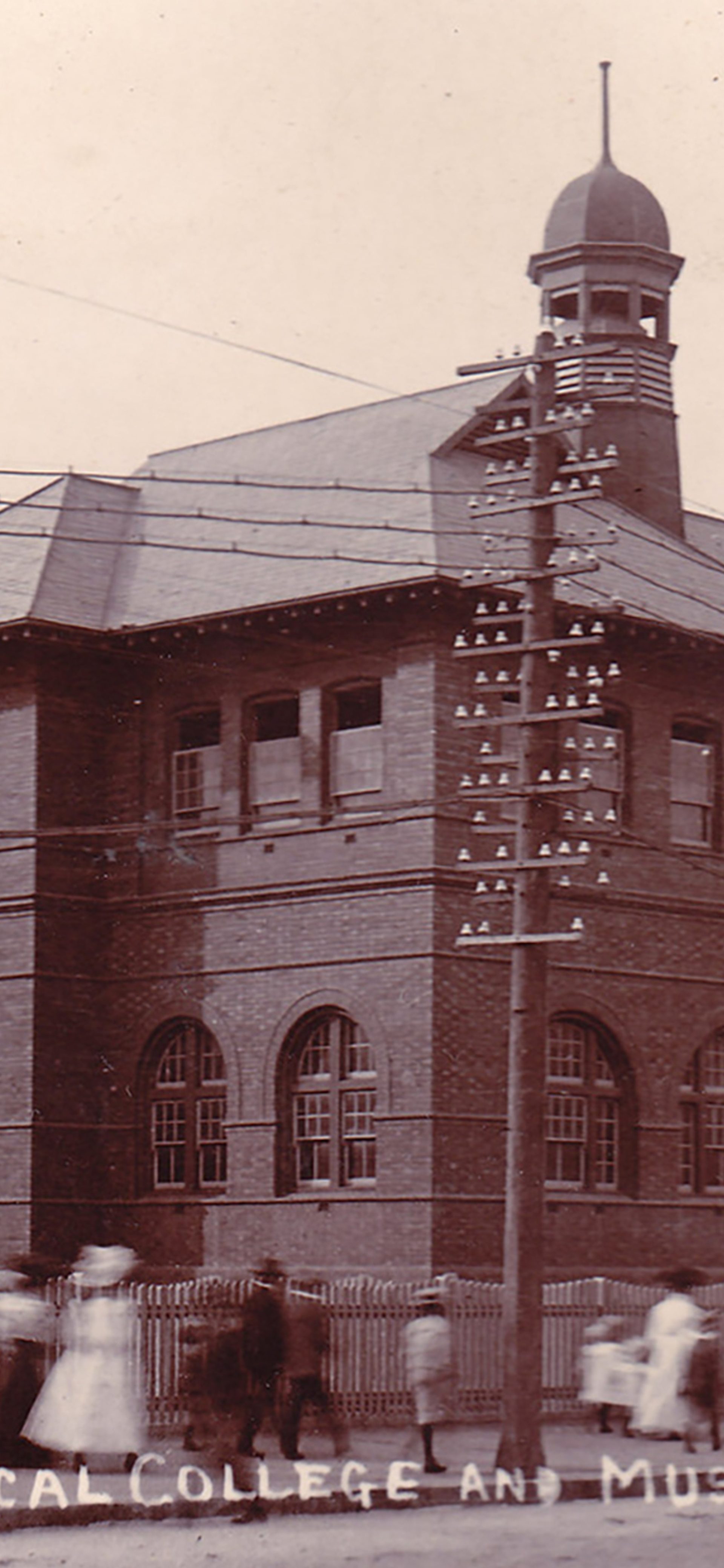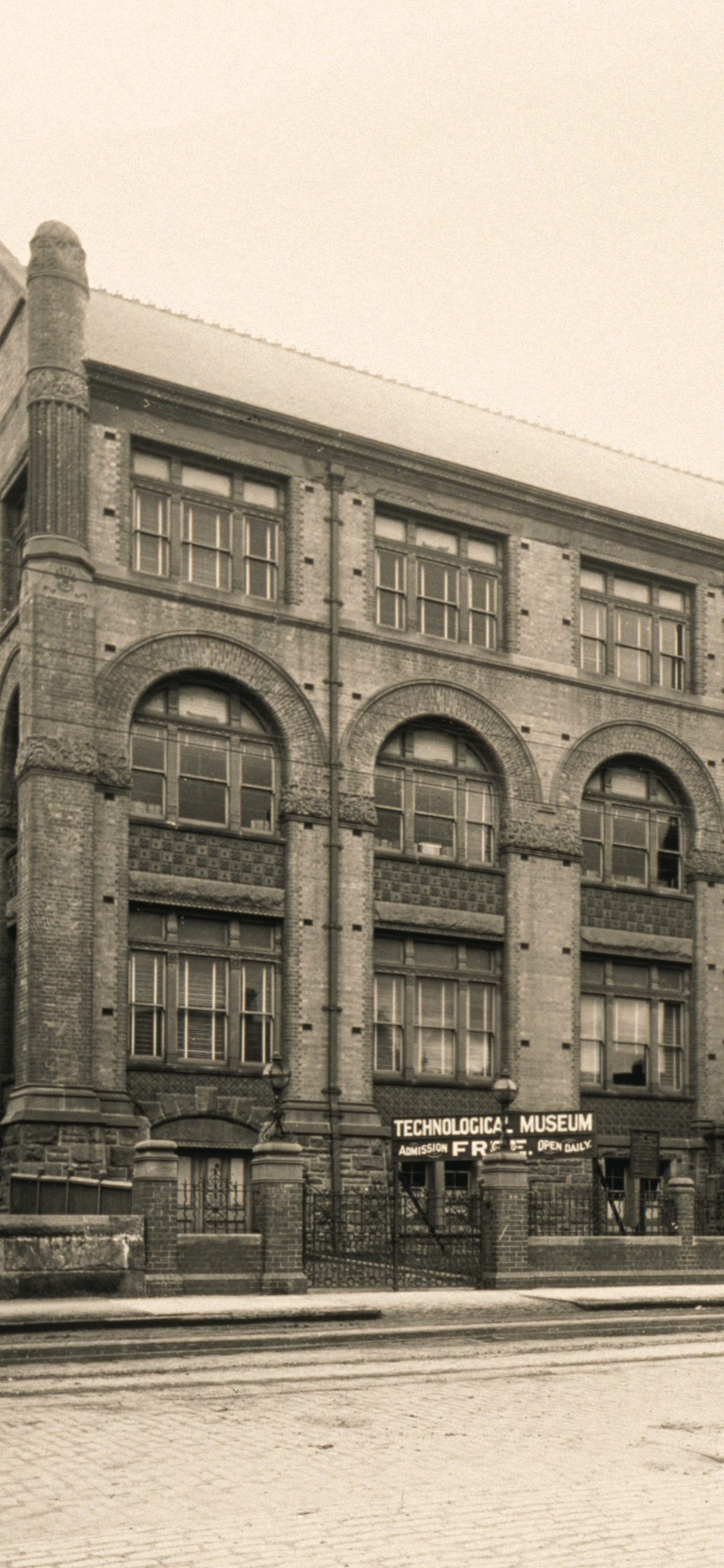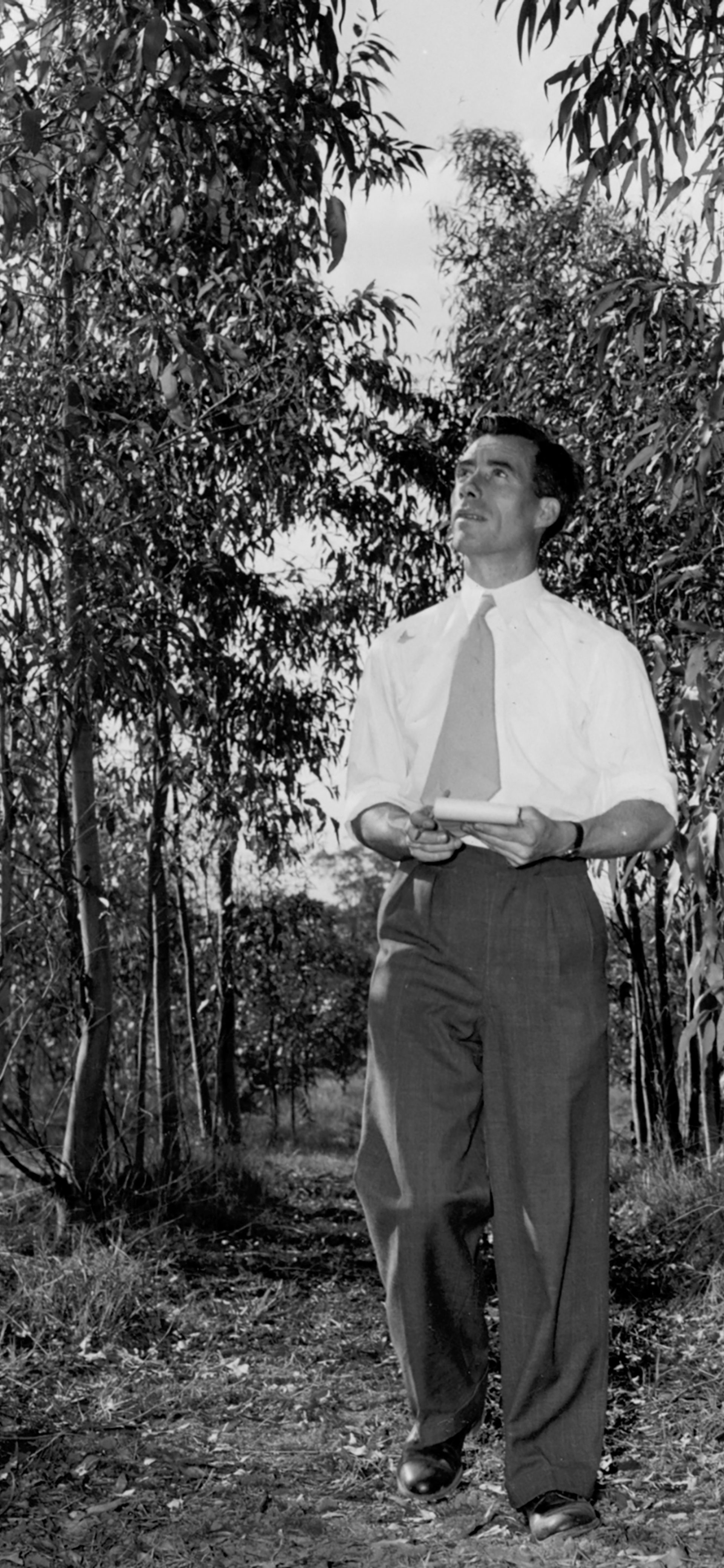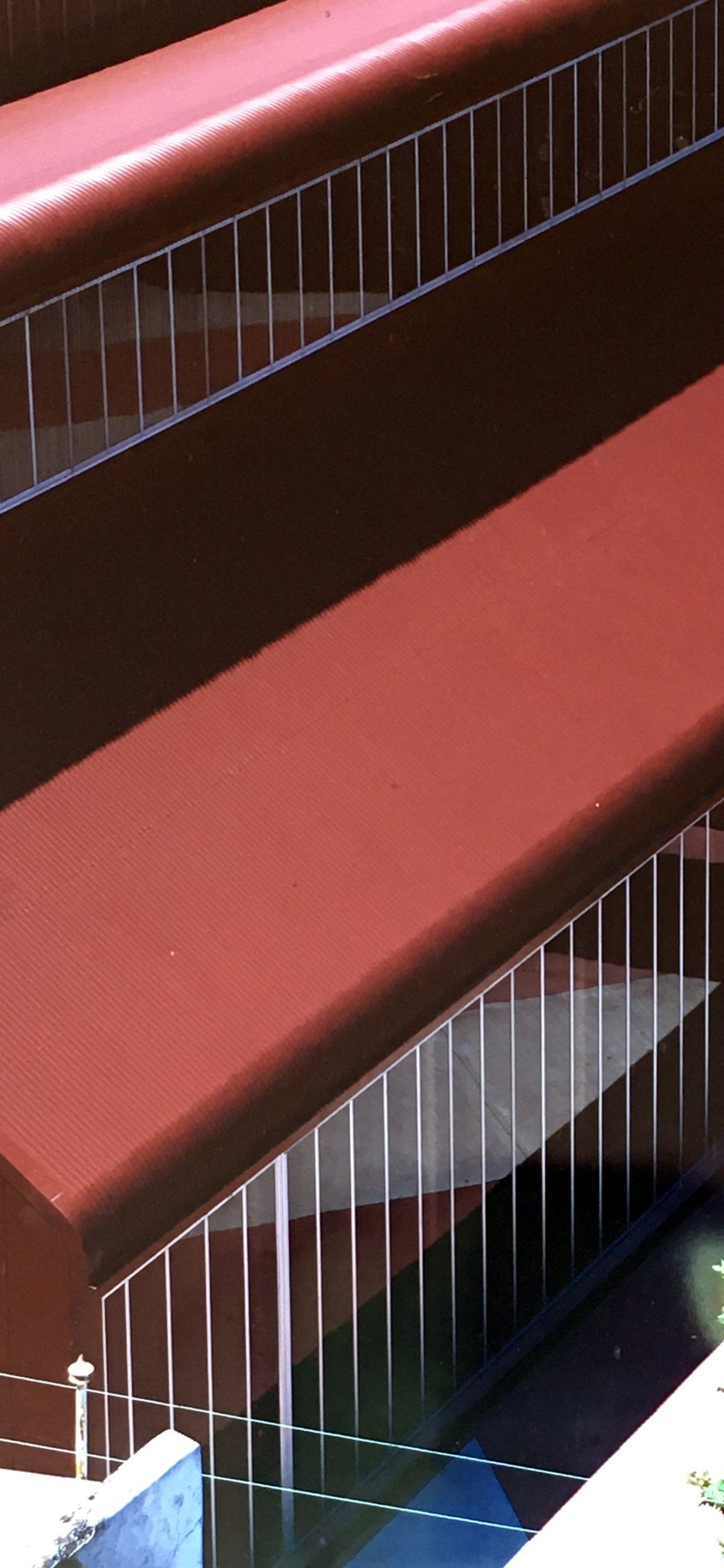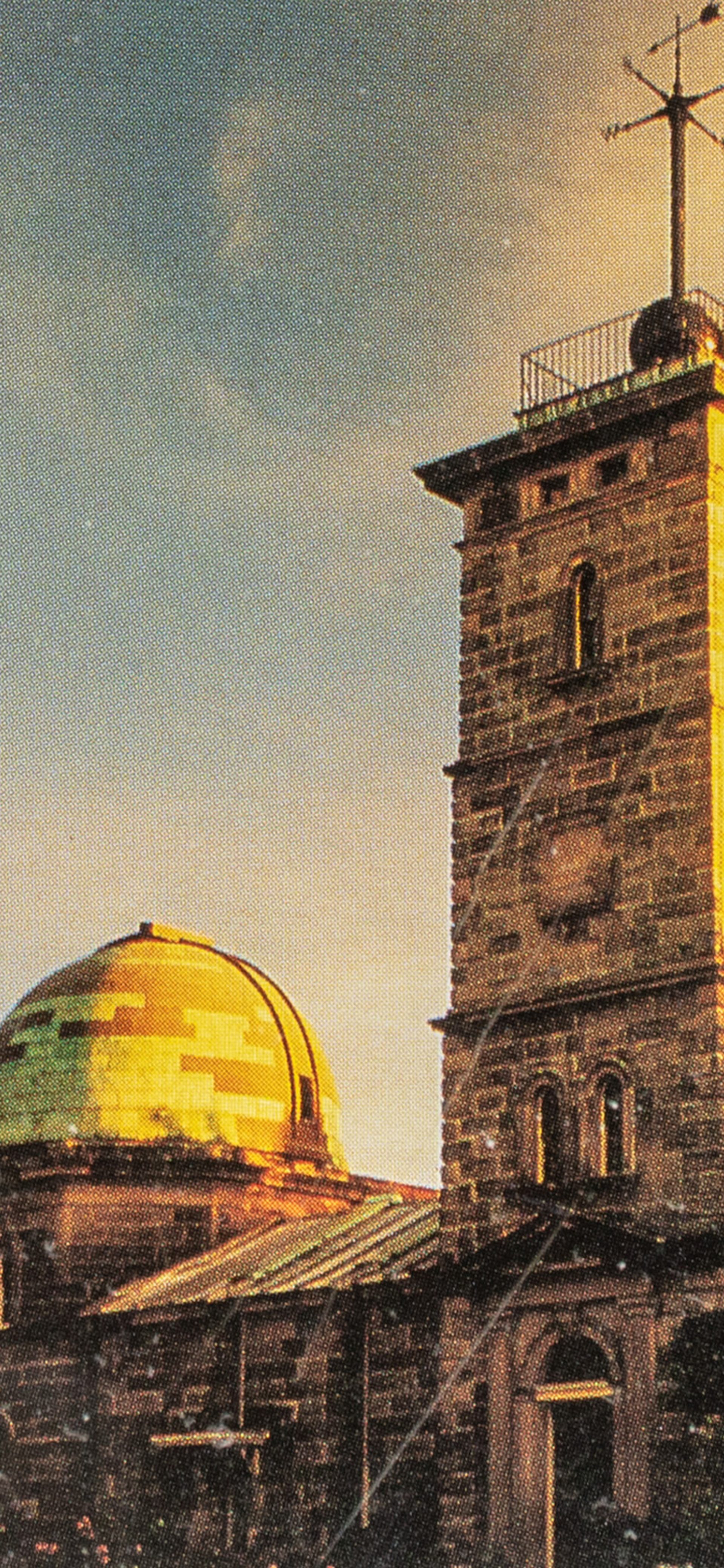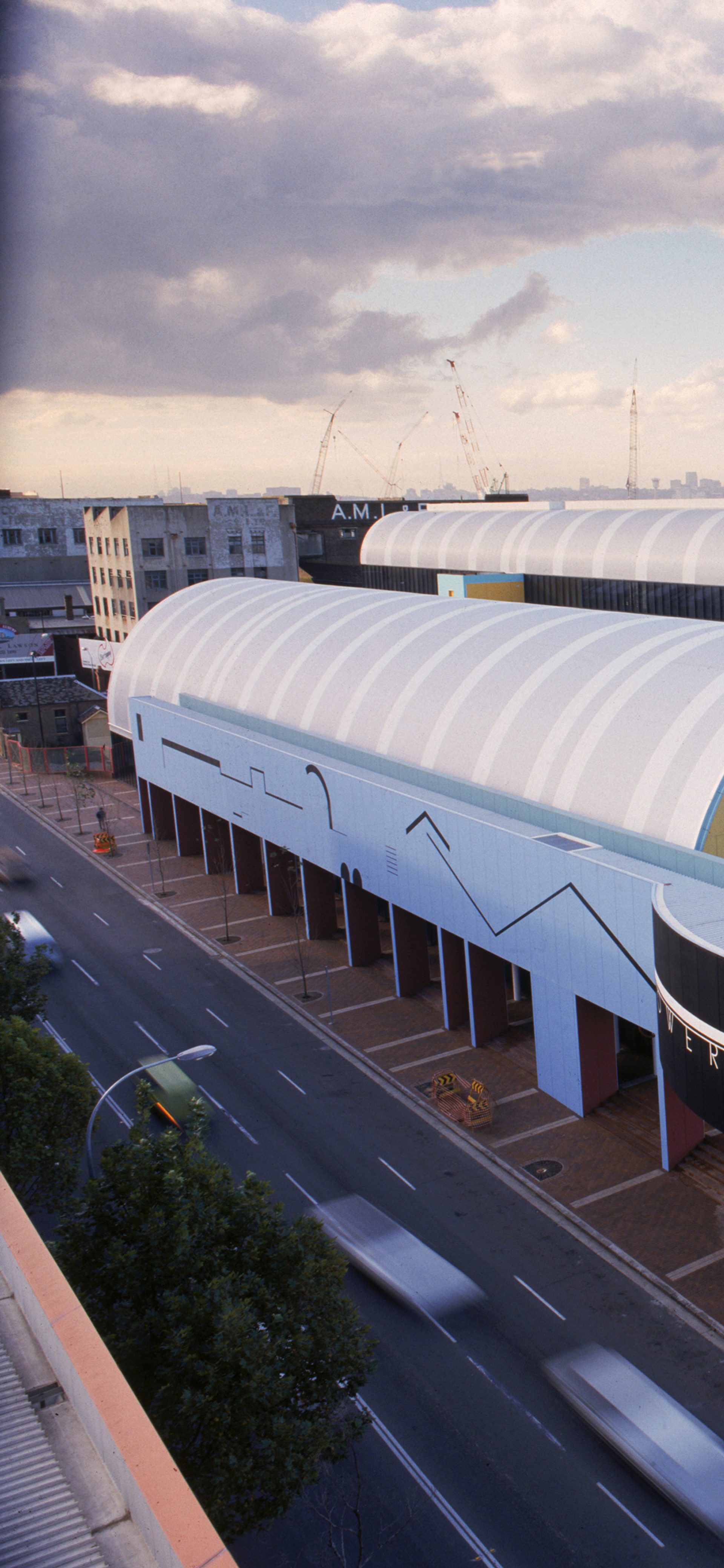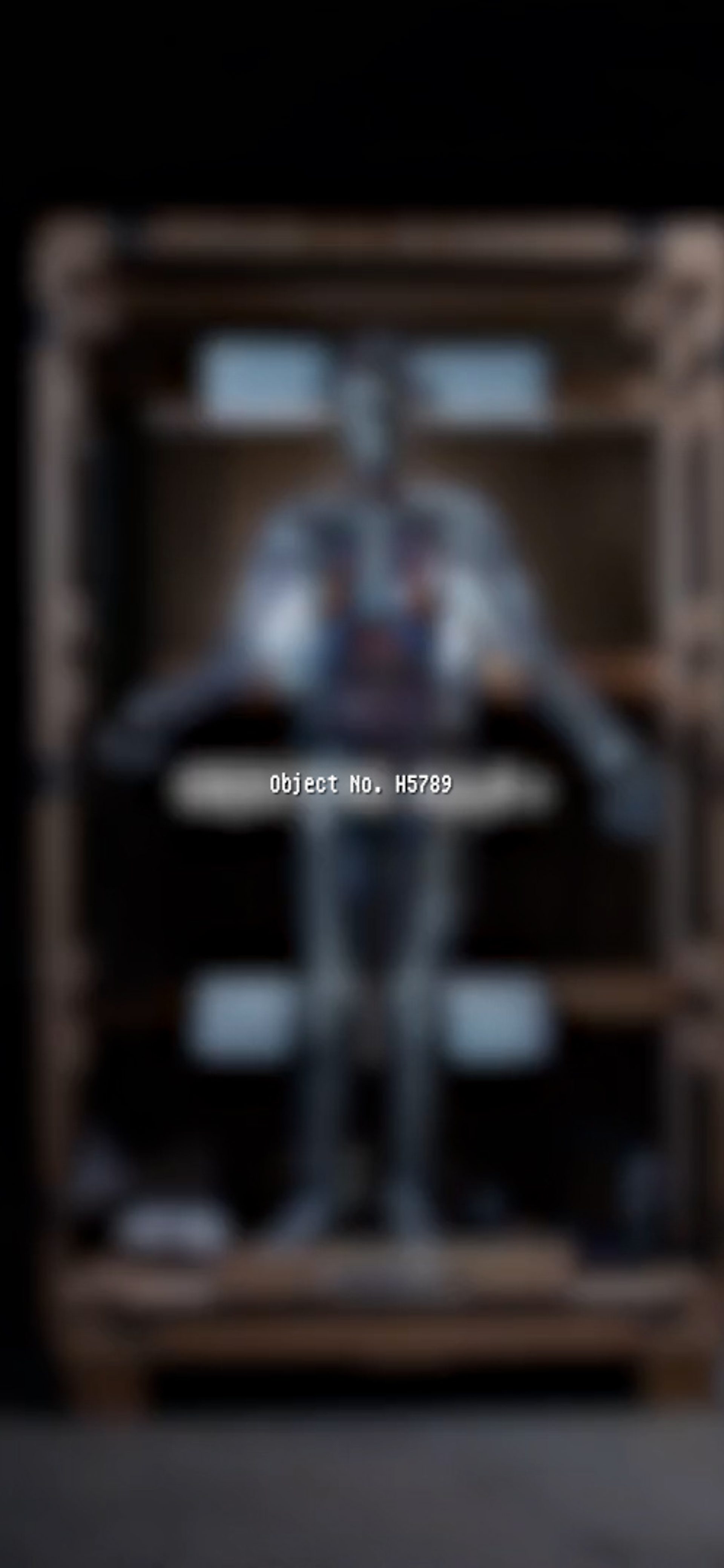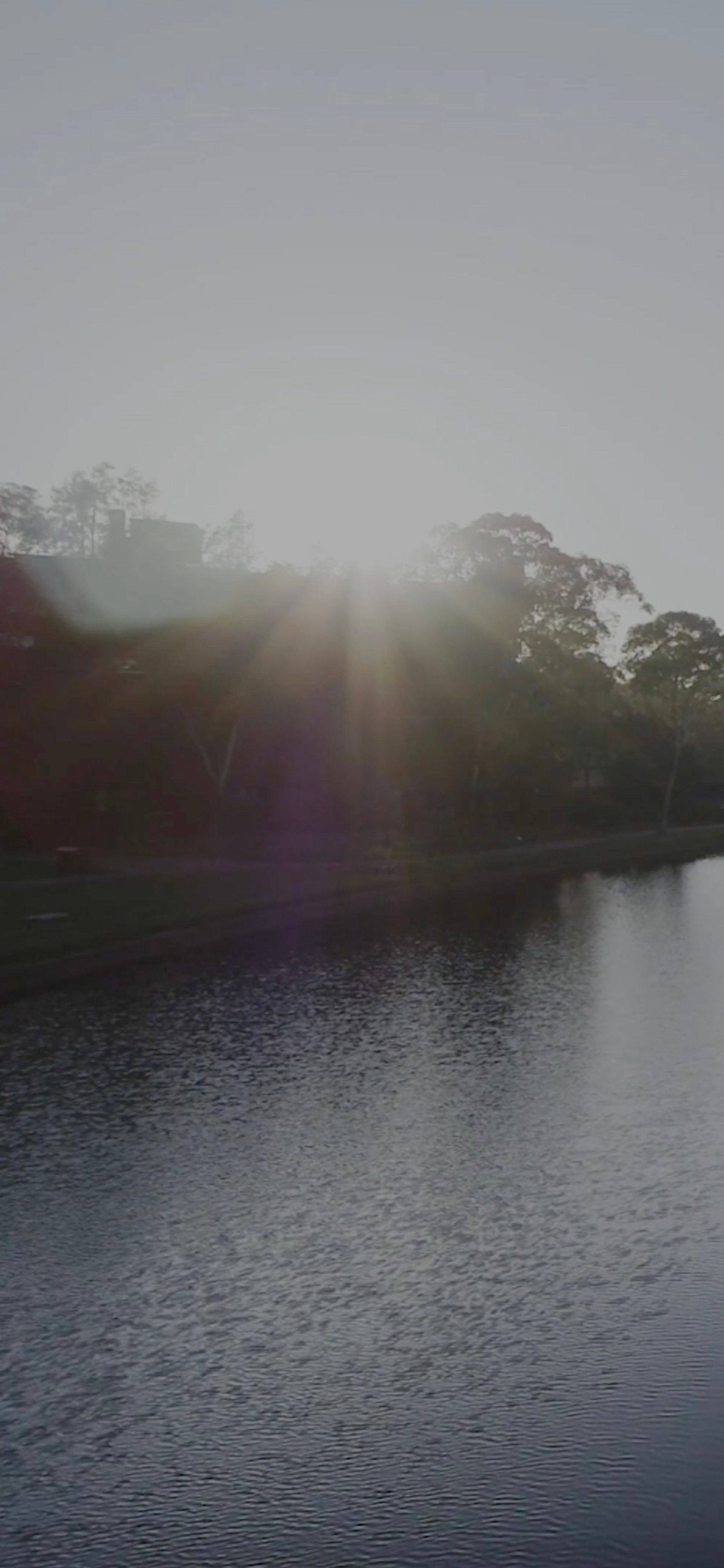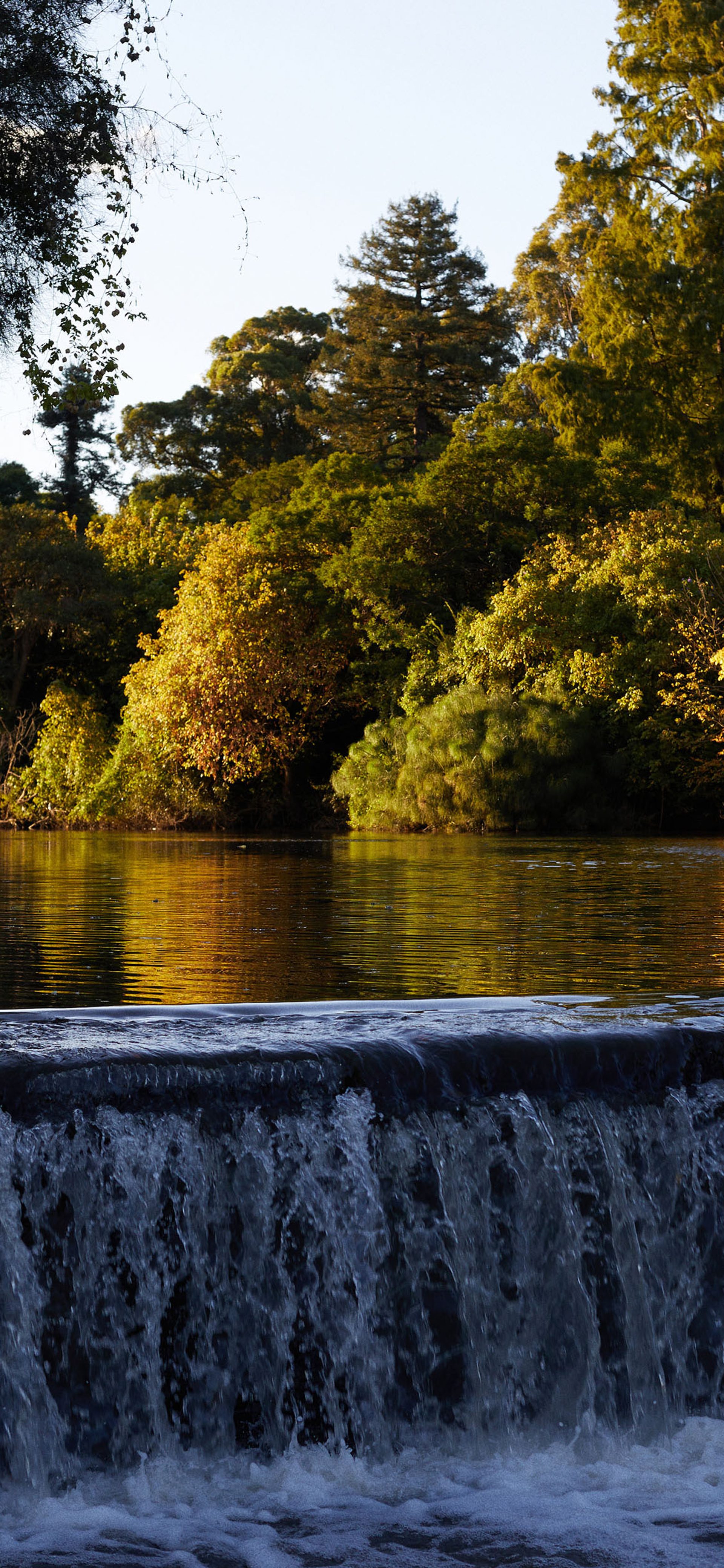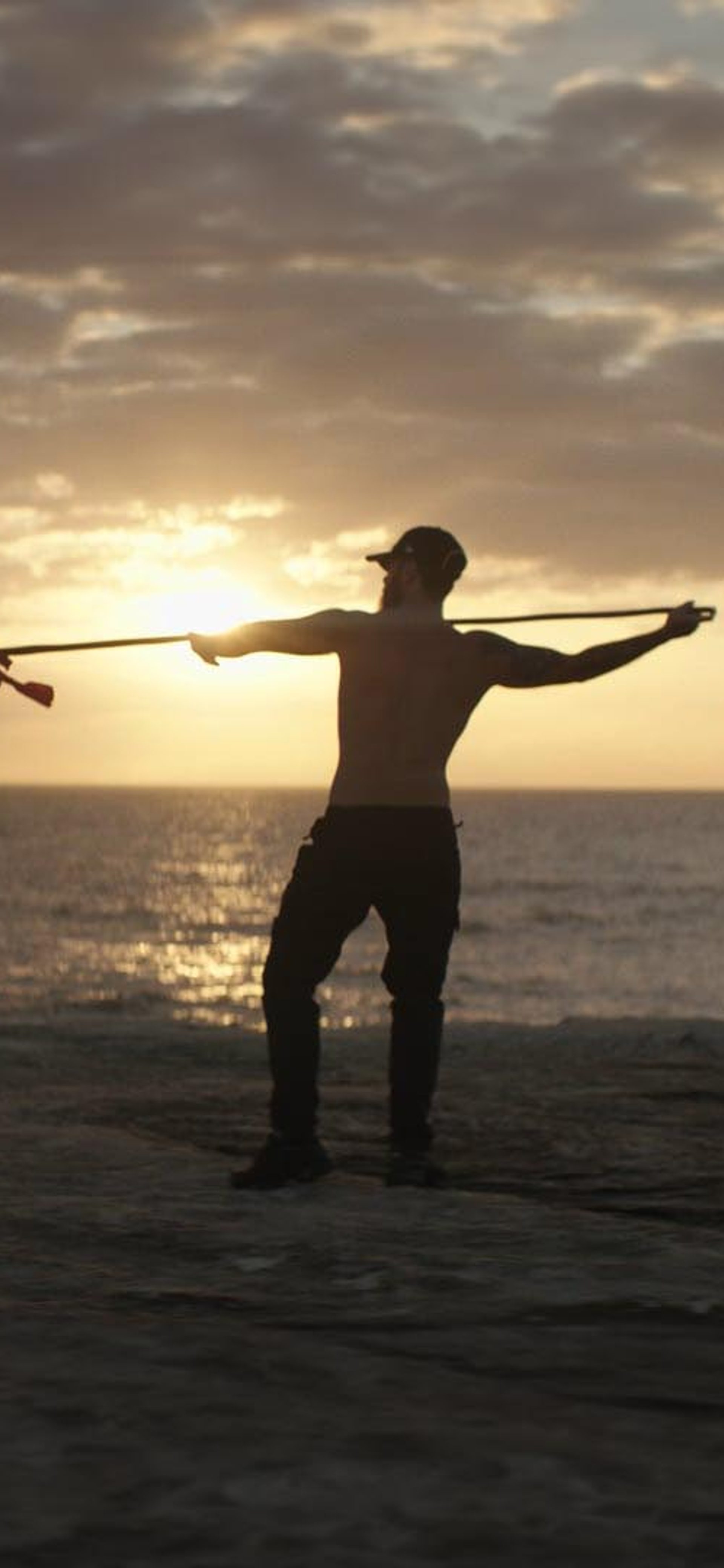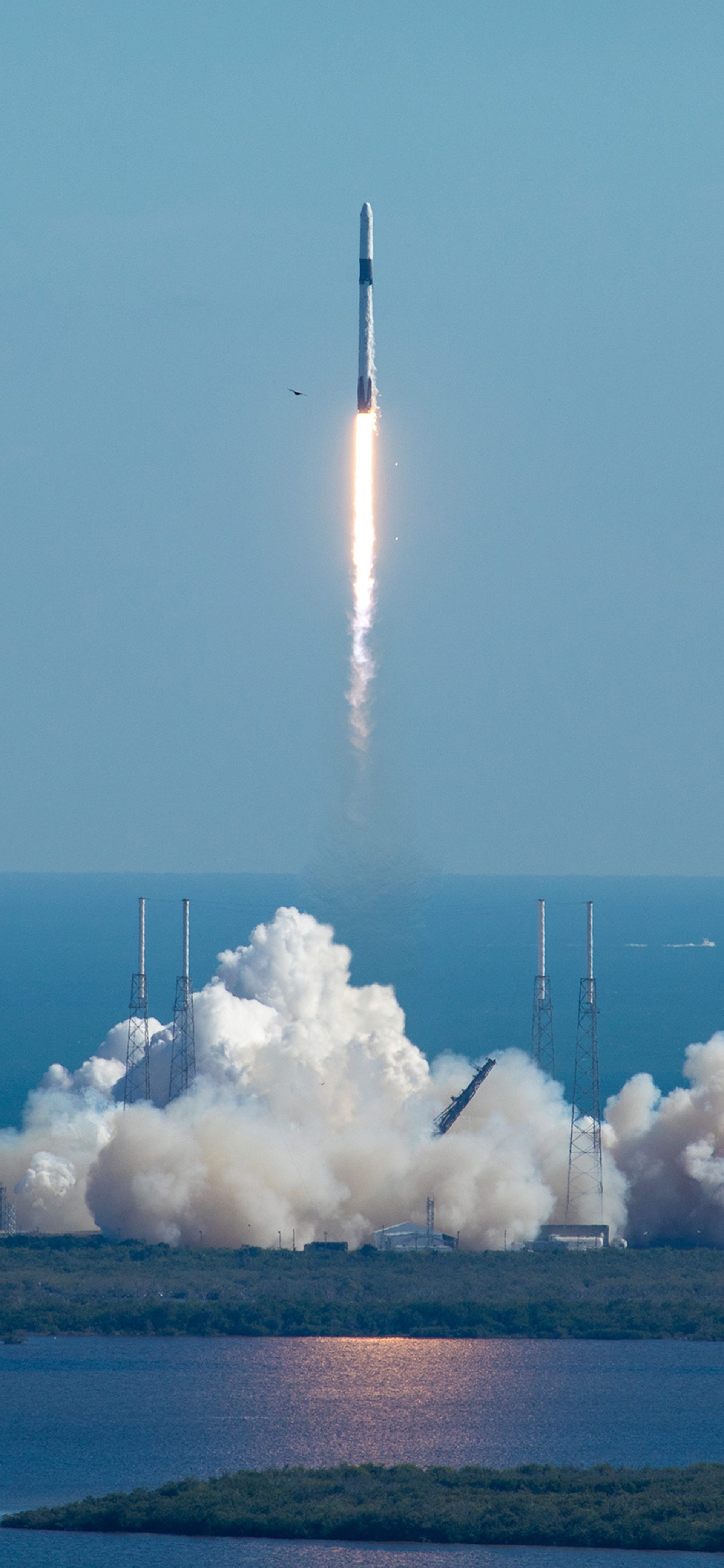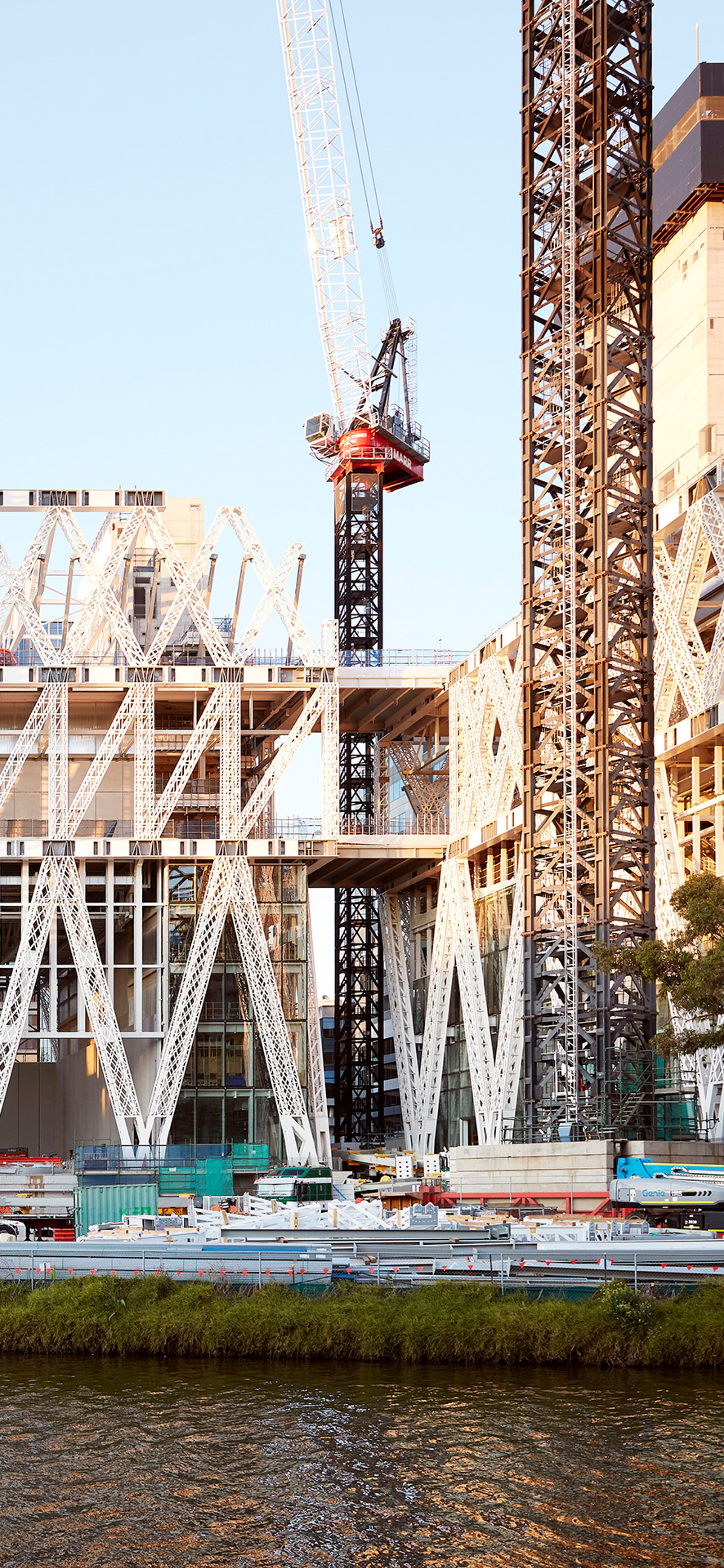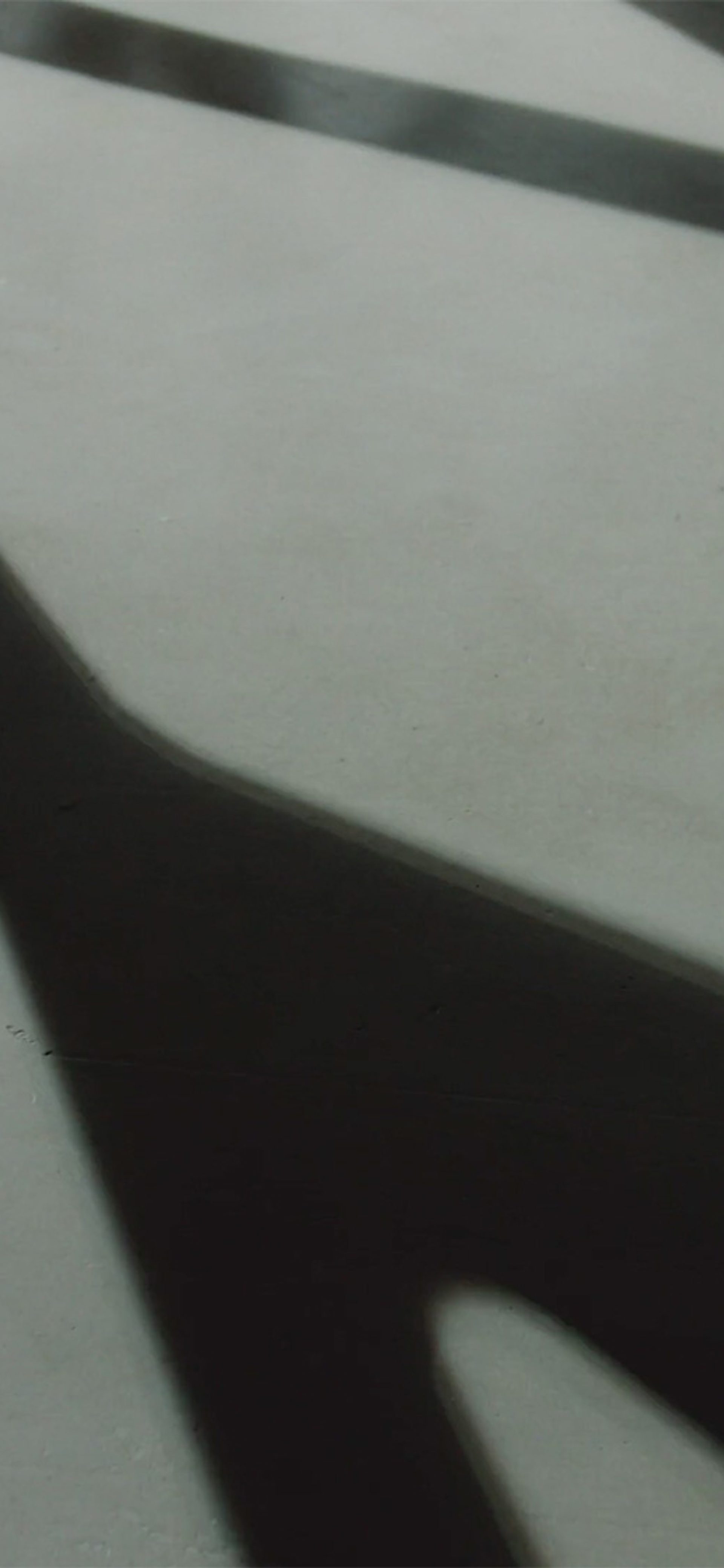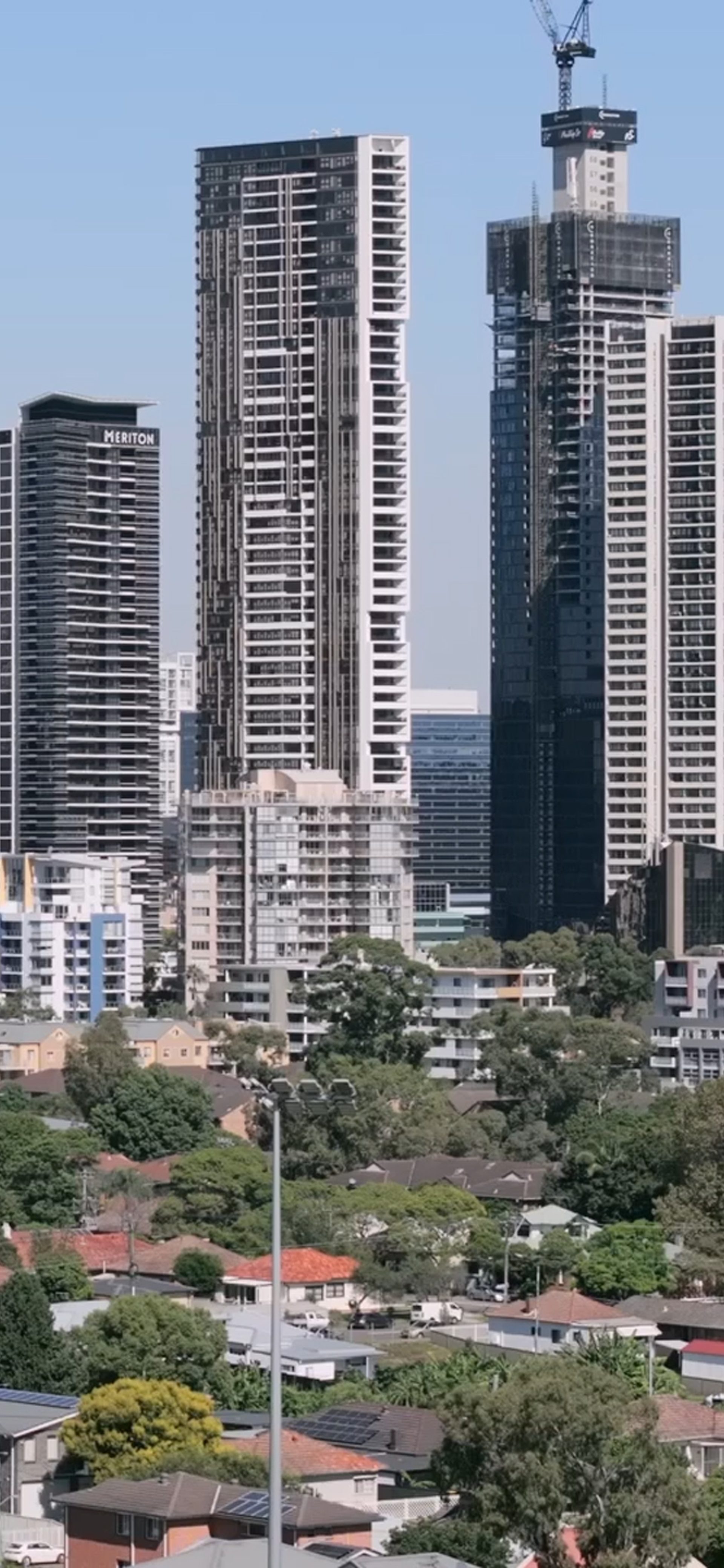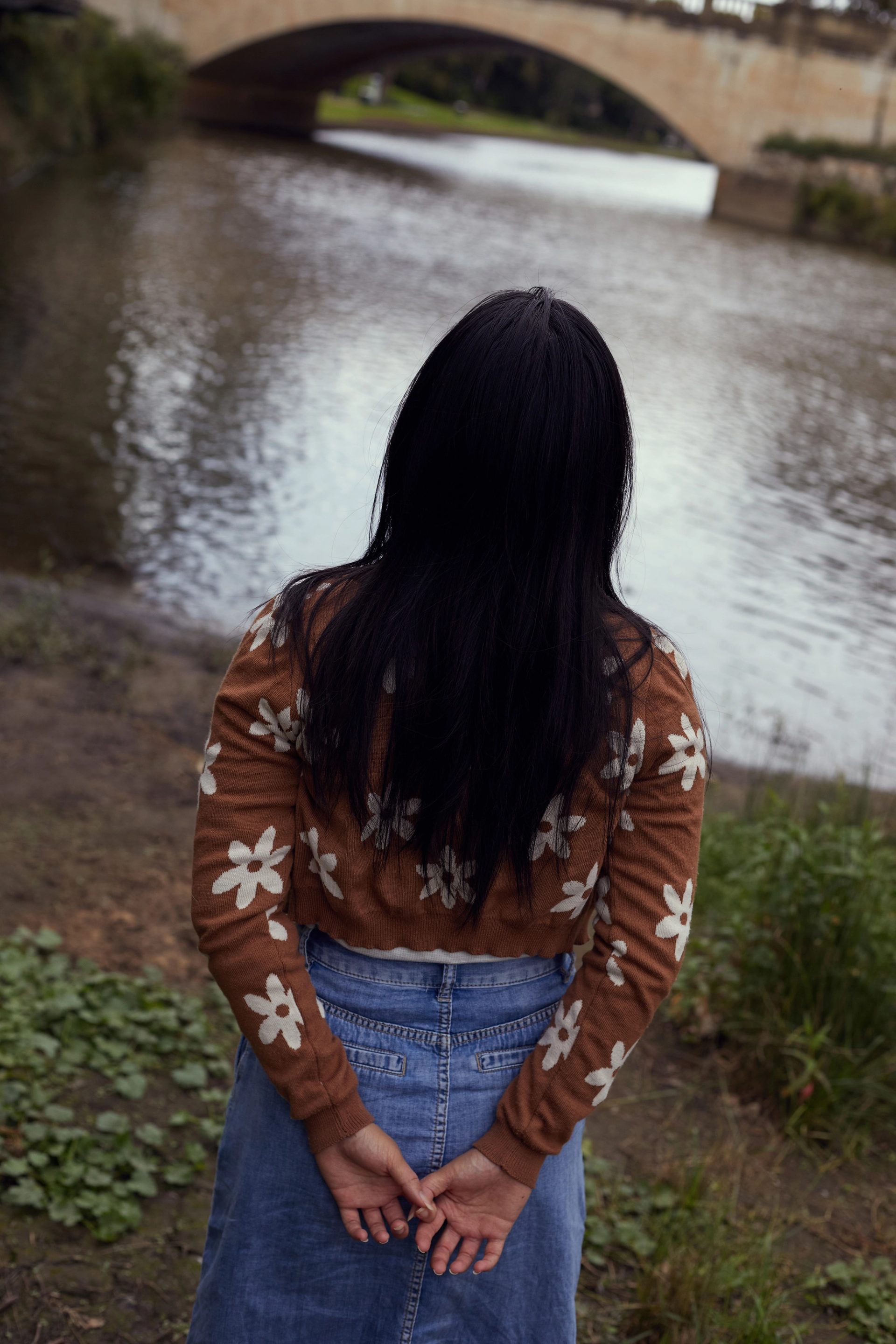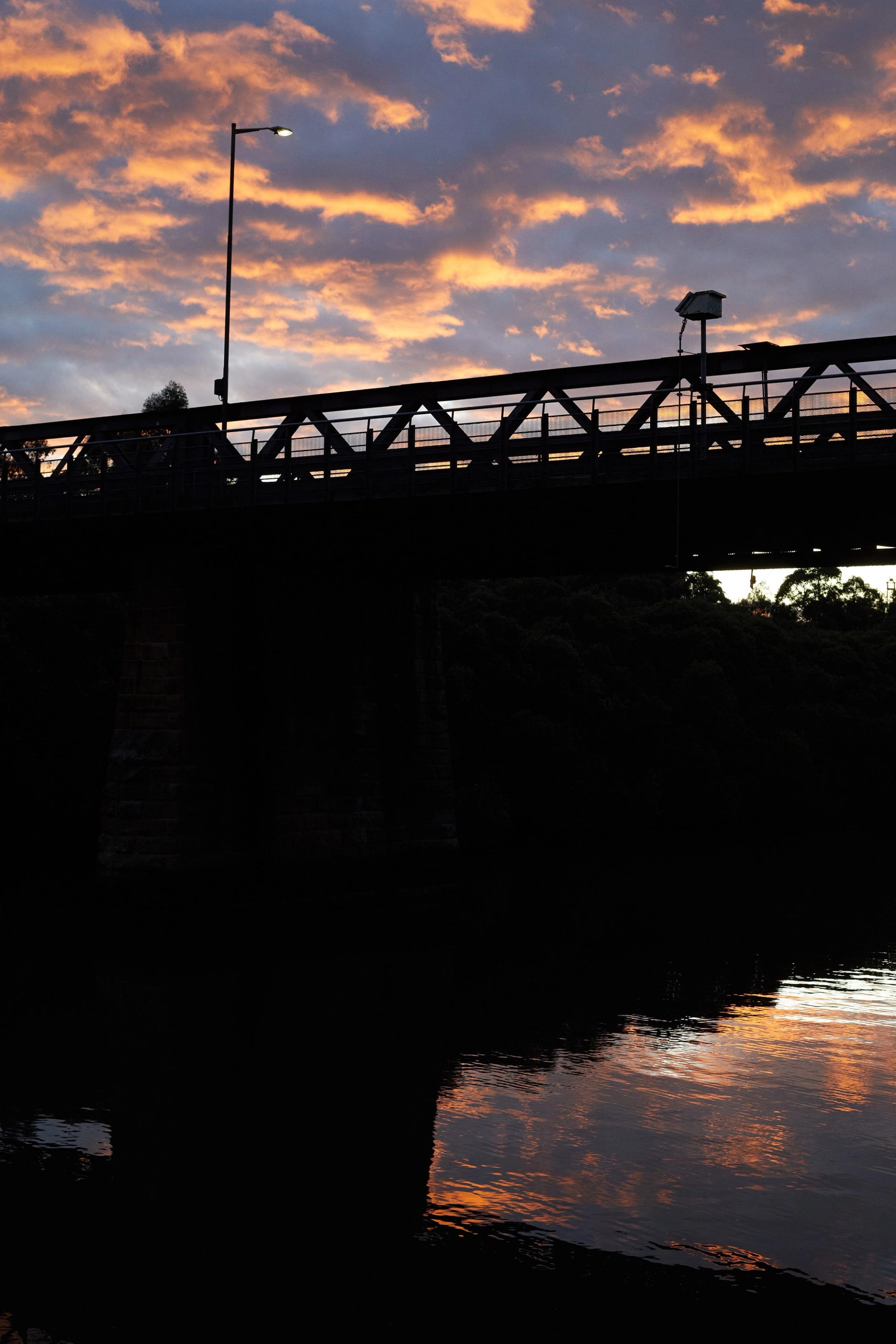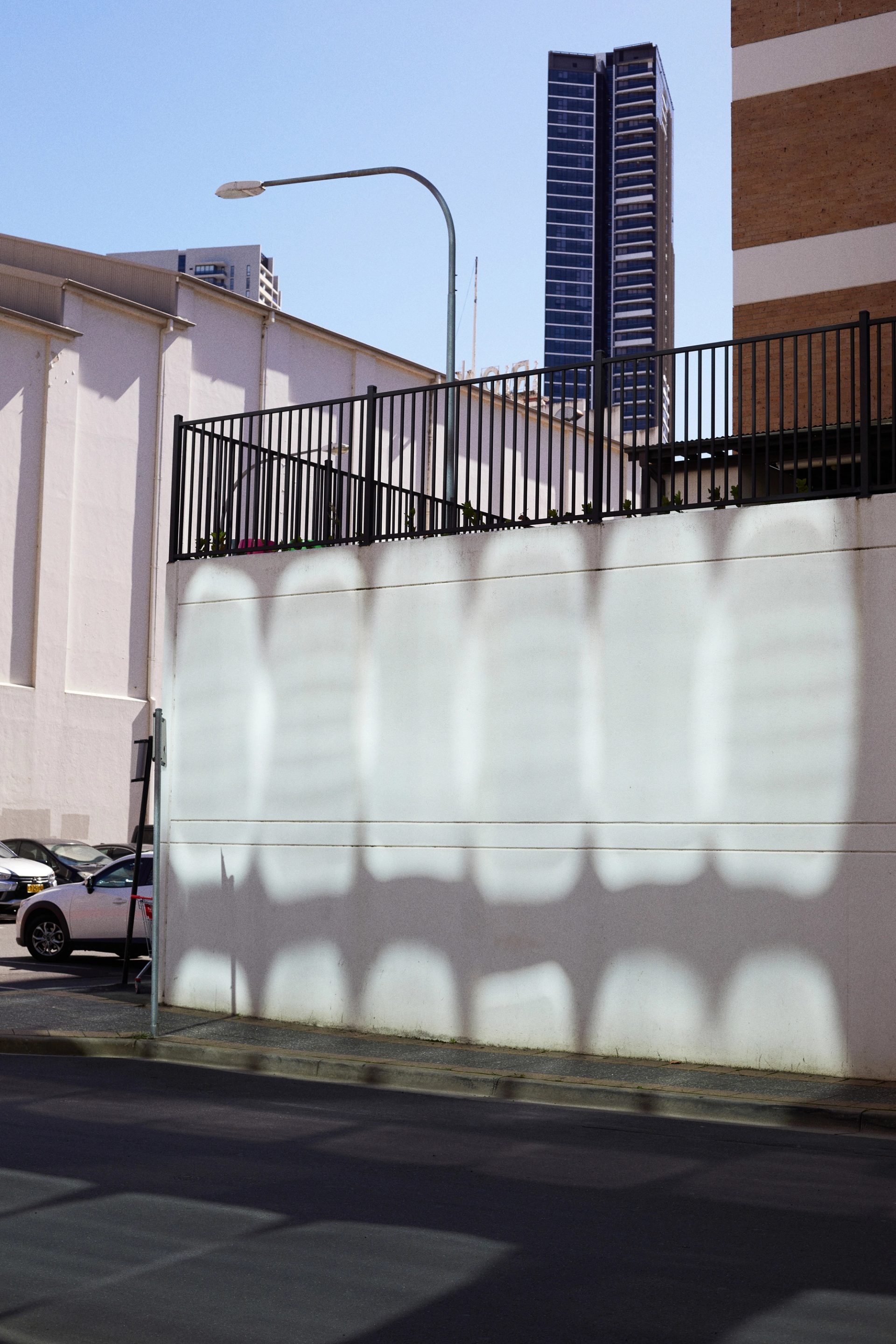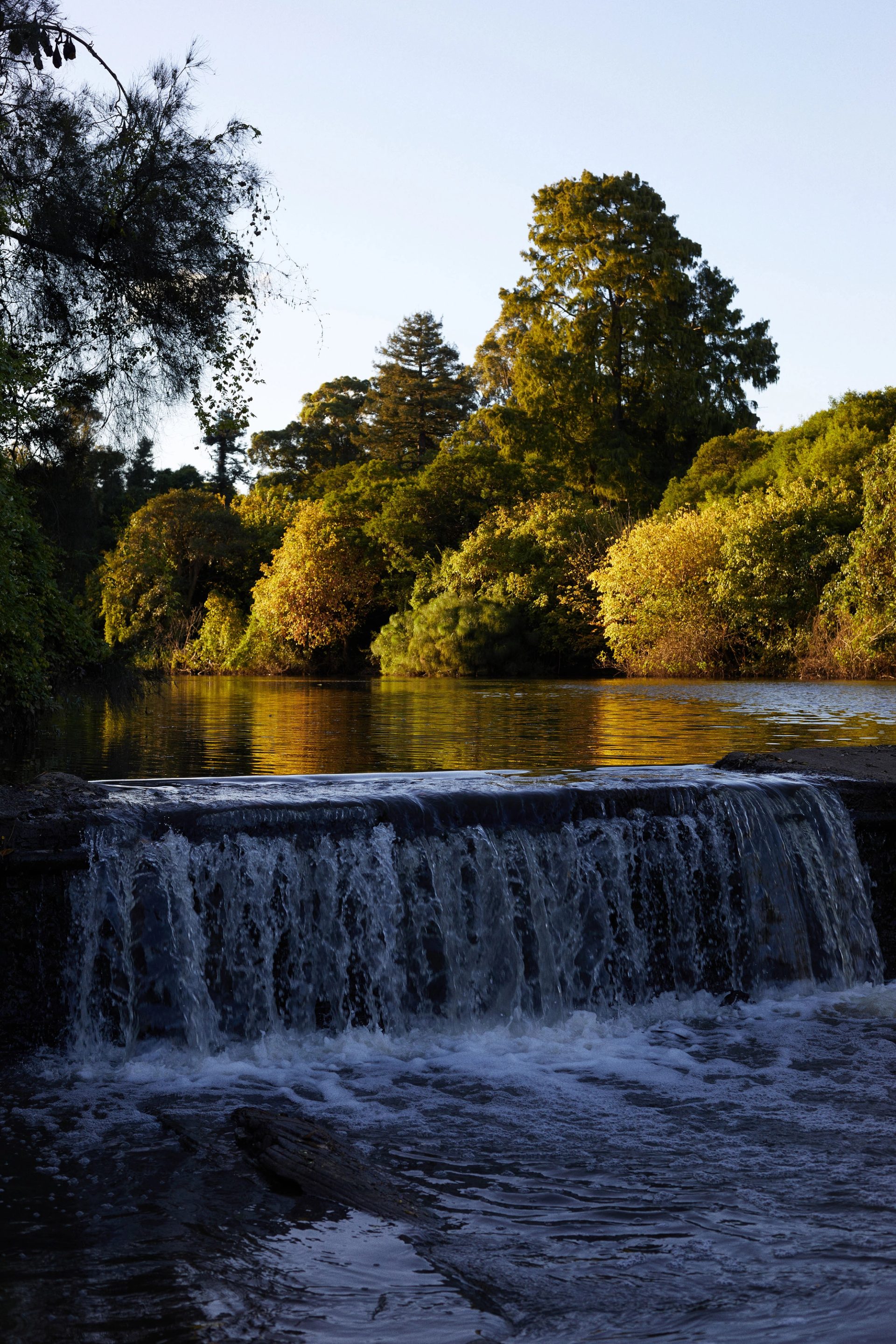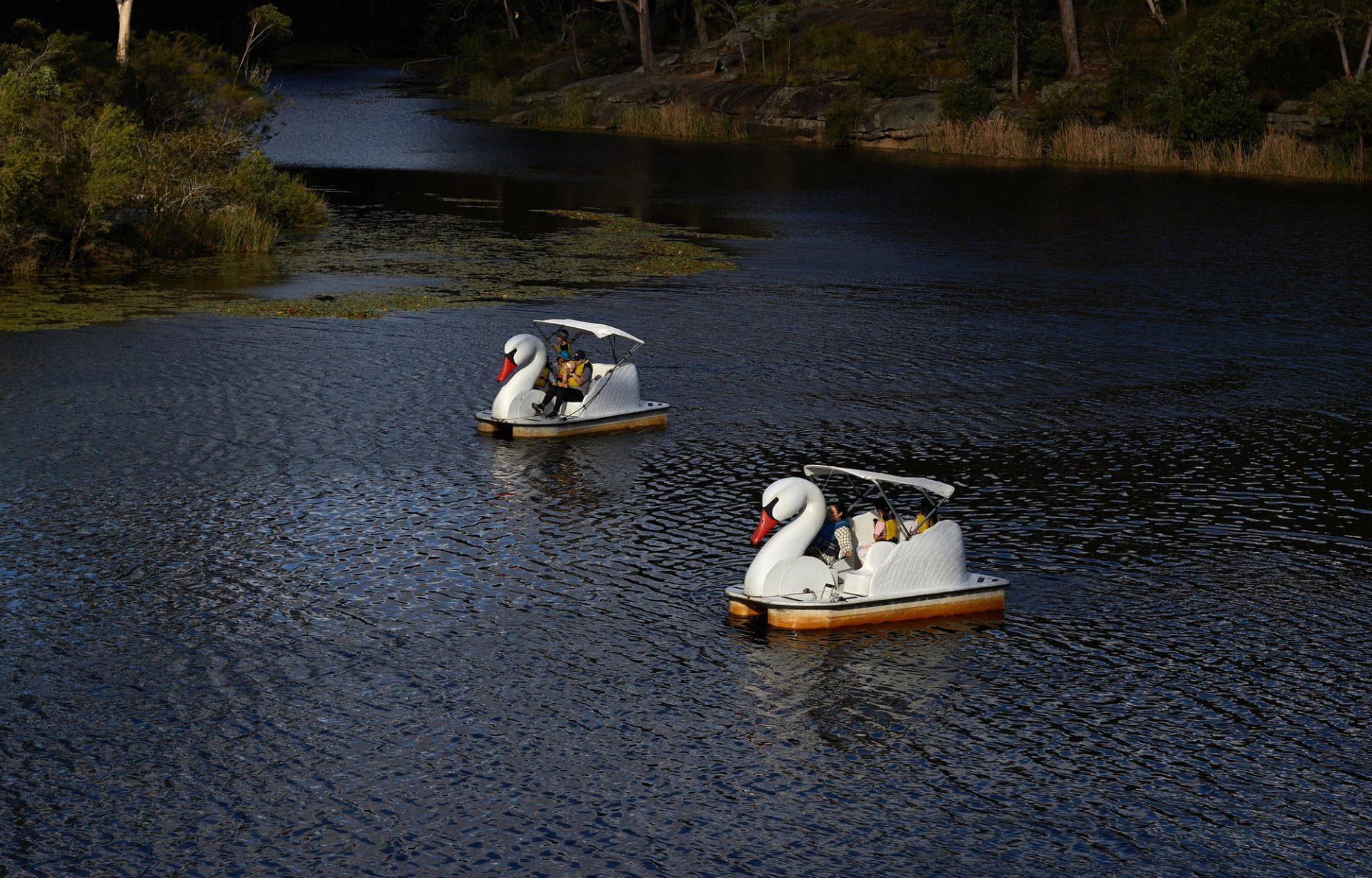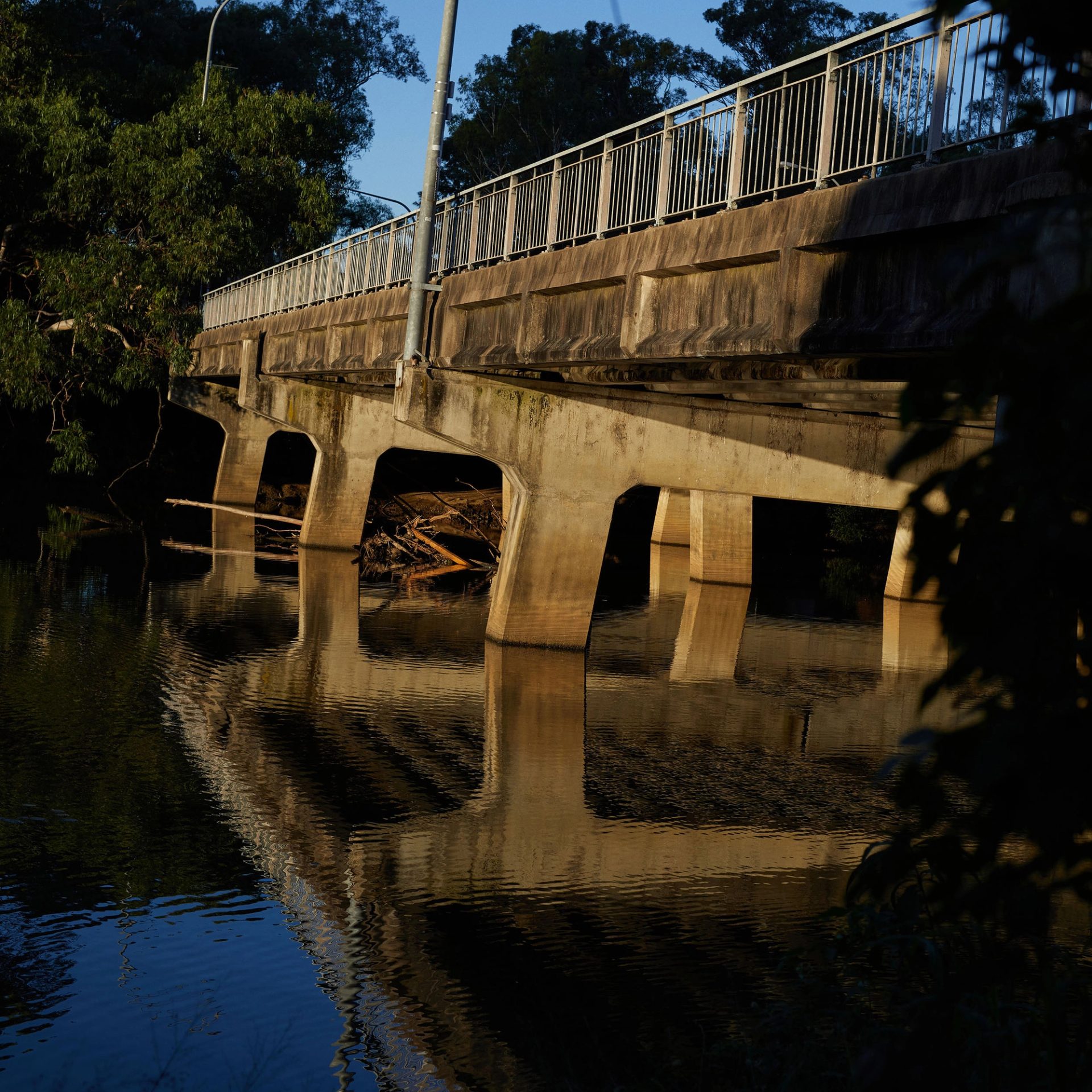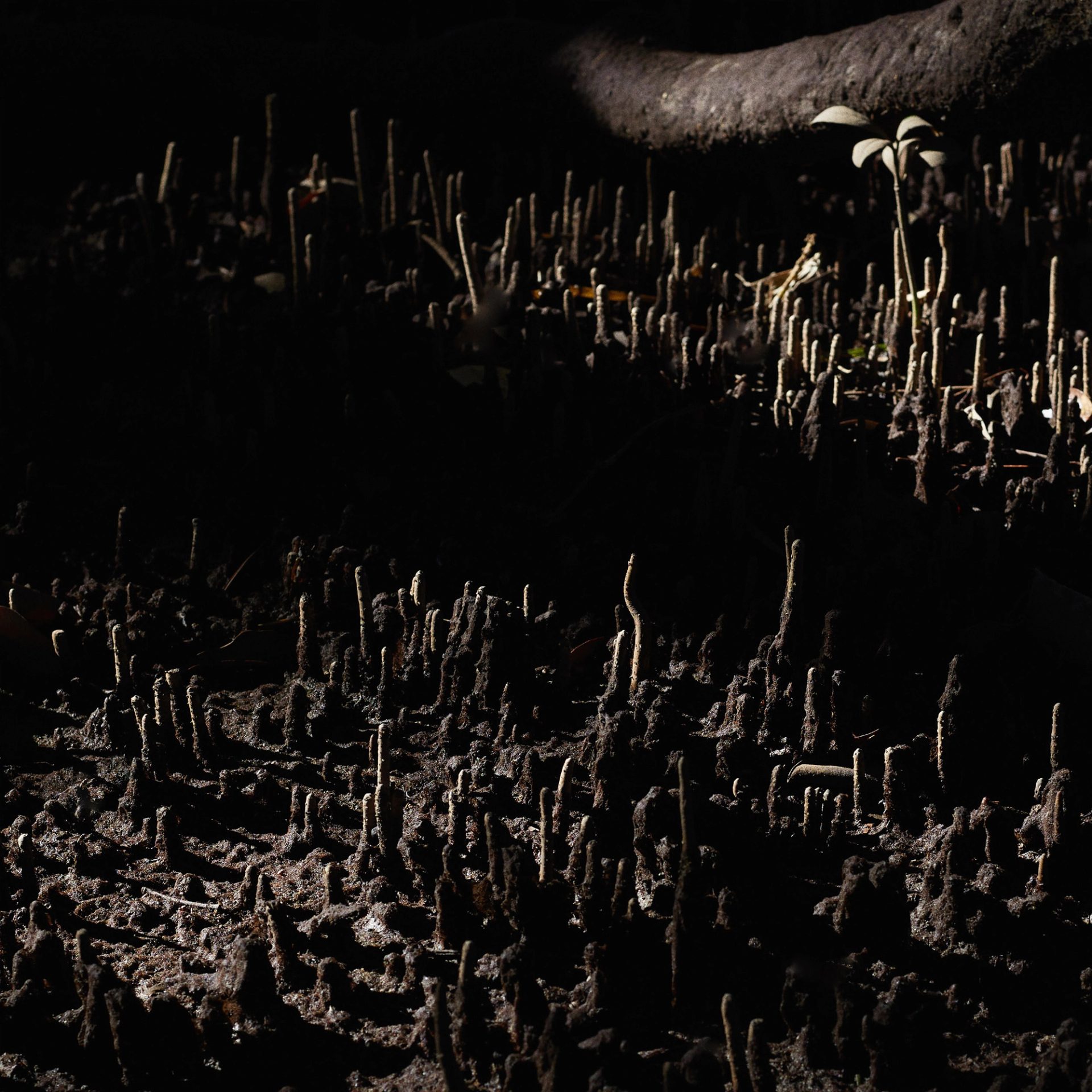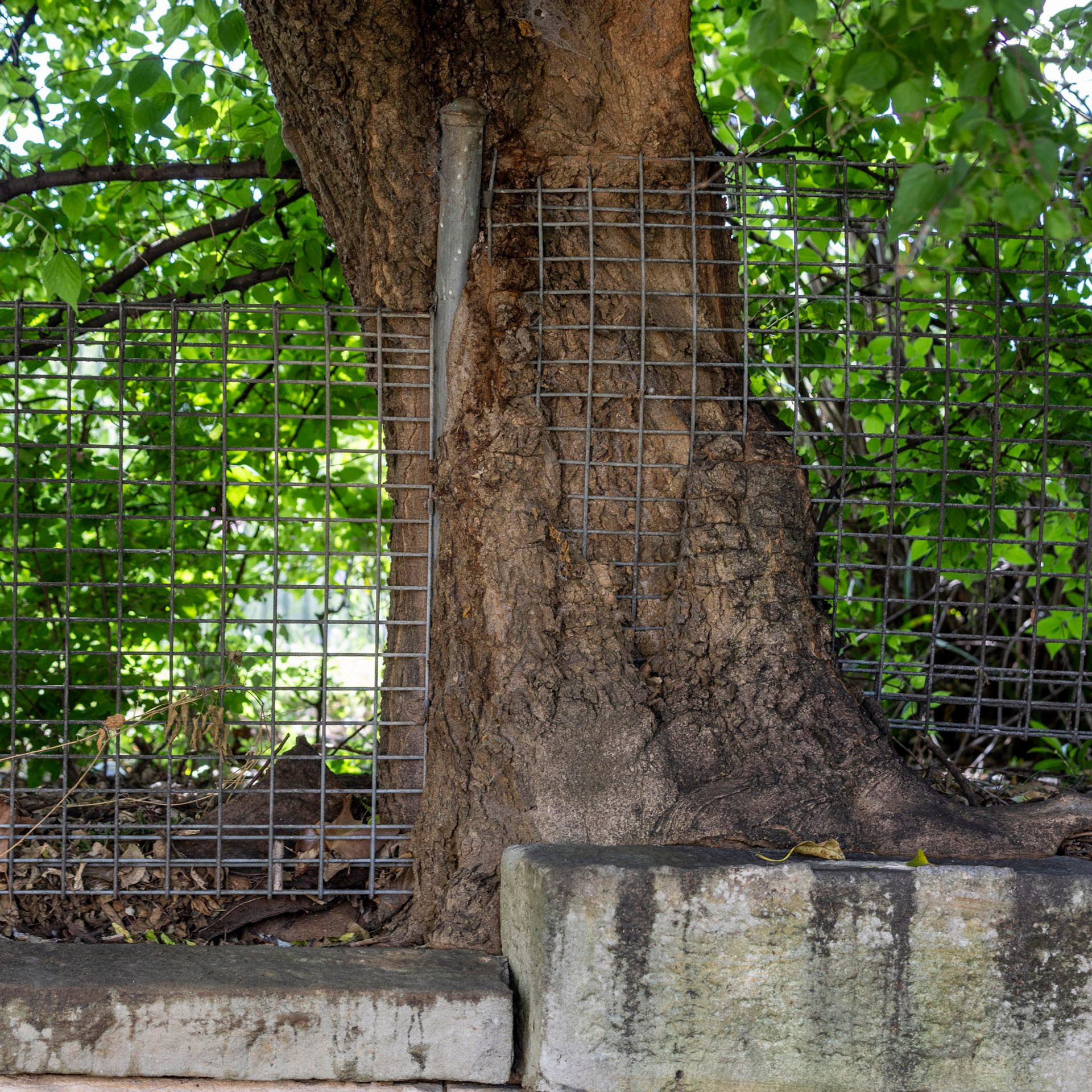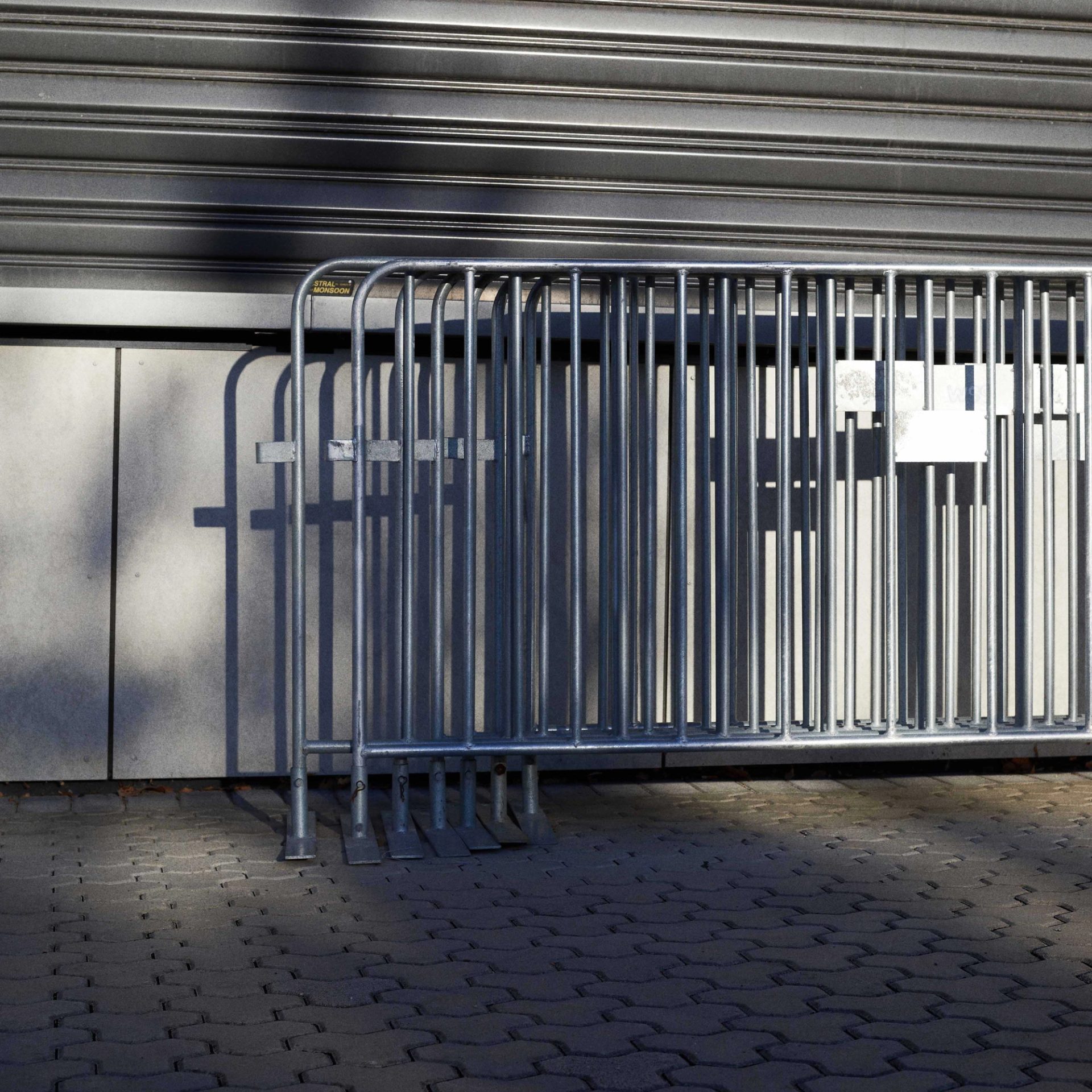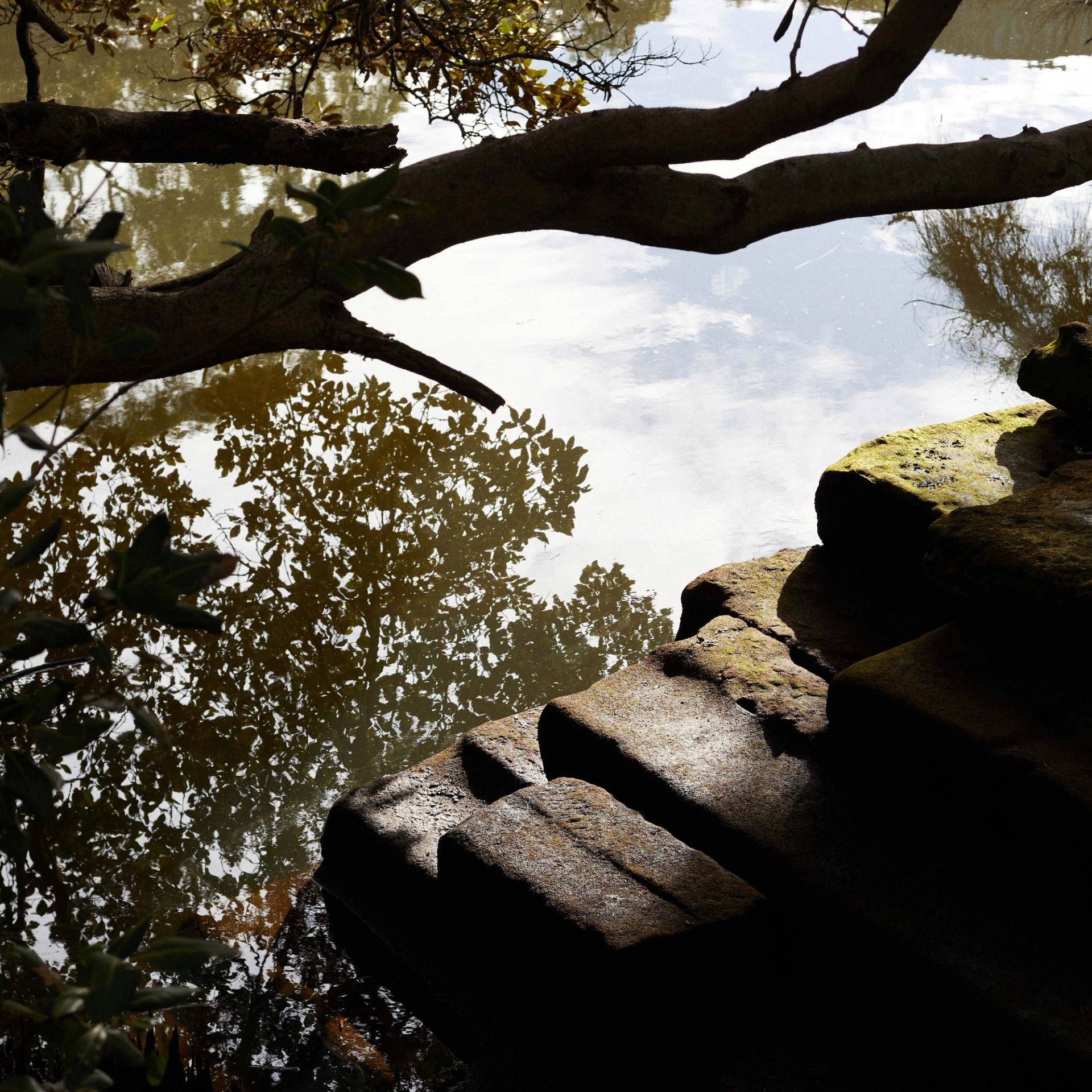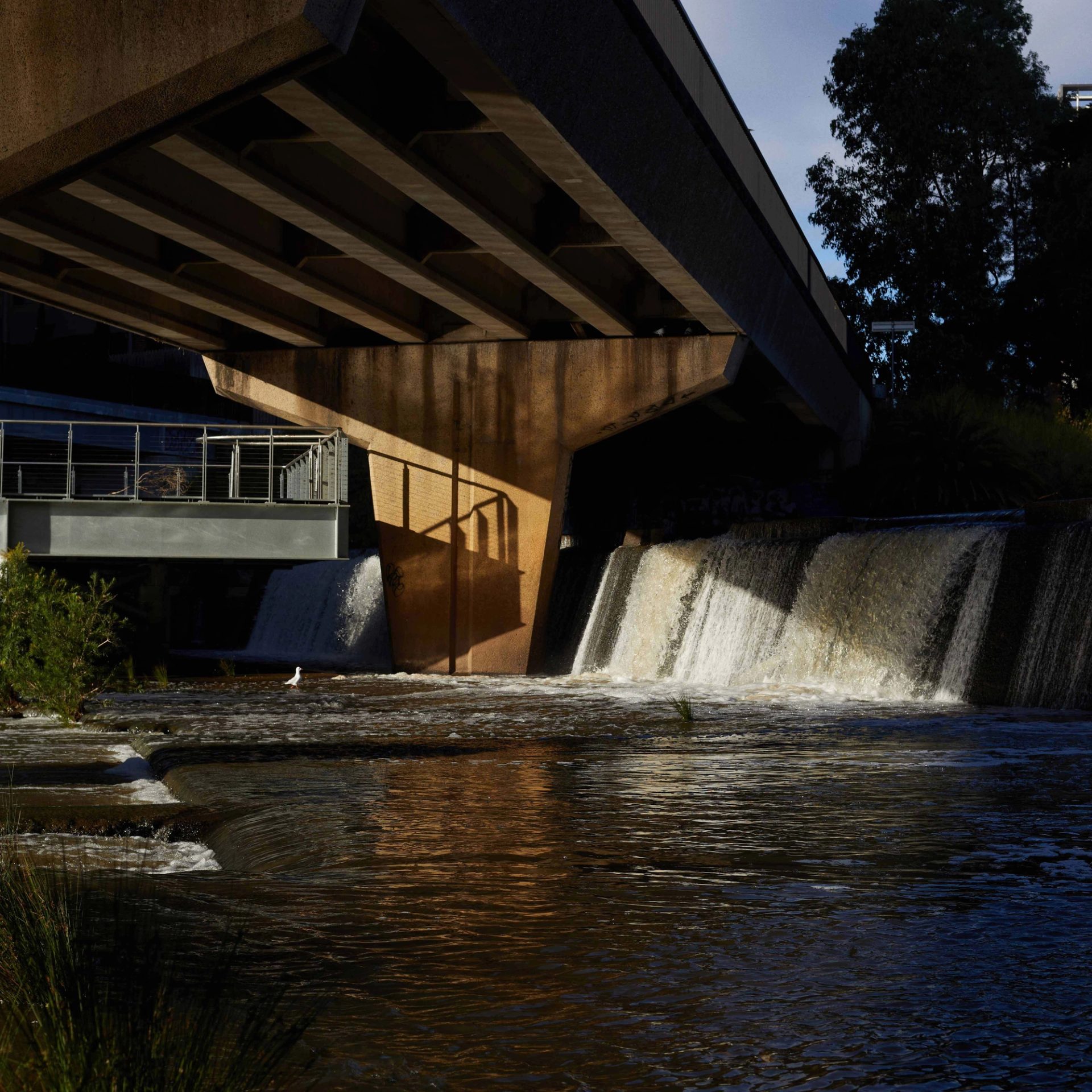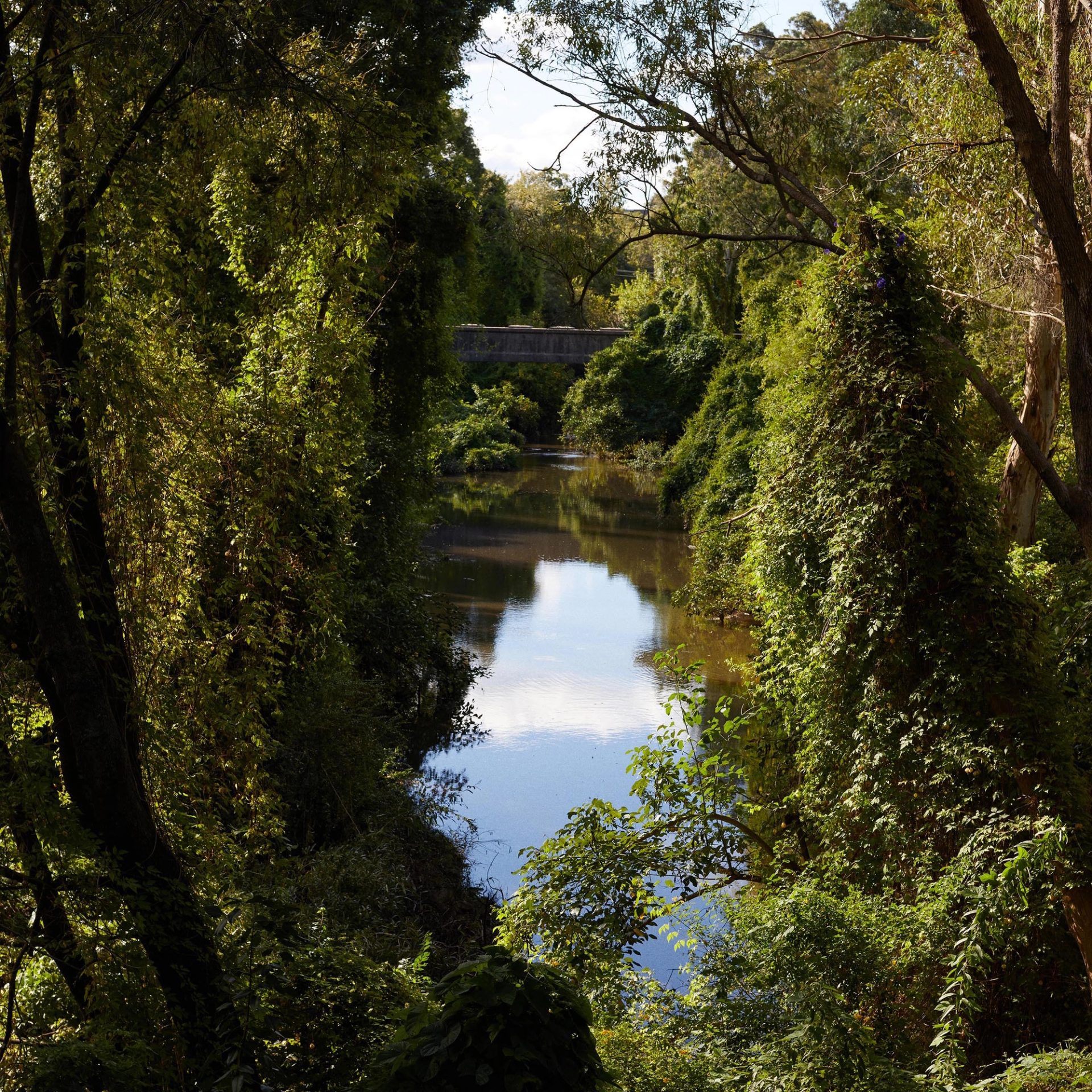Speaking to Water

Vivian Pham was commissioned by Powerhouse to write this essay for The River, a series of new writing responding to the Parramatta River.
Speaking to Water
Rivers, before they were rivers, were metaphors.
One morning, the sun simpered in through my bedroom window in Parramatta and plastered its peculiar apricot light all over my eyelids, as suns do in April. I opened my eyes, rearranged my dream-filled head on my pillow, and looked over at my desk. On that desk sat a diary which had been blank since the new year, an anxious stack of crumpled papers and the books I most resentfully admire. I left my computer on the previous night, as if keeping it connected to electricity would tempt it to ghost write the ever-forthcoming novel. Not being able to write has monstrously cluttered my life. Almost as soon as I wake up I cannot bear being in this room. I think bitterly of Virginia Woolf’s insistence on having one and wrap myself in the greyest and most writerly coat I own and rush downstairs. Here is a coat that cries out to be cloaked in mist. Here is a writer who wishes against her own disposition to be outdoors. To the river then, I say to myself, trying to calm my nerves which have been frayed since the age of thirteen.
Aside from dreams, rivers may be the closest thing writers have to a natural habitat. They are heavy with imagery, swollen with meaning and fairly often the sacred scenery of proverbs. Growing up, I admired historians and archaeologists more than anyone – even doctors, to my mother’s discontent. I imagined that only scholars of classical antiquity were able to conjure up a river and hold all time, all stories and all narratives in their palms. I wanted so badly for my palms to be etched with rivers. Take the Styx, for example, which for the ancient Greeks represented the mythological boundary between the world of the living and that of the dead, just as Parramatta River physically marks the meeting of saltwater and freshwater. Or the Nile, which was so vital to ancient Egyptian society that it was the way the deceased were believed to journey through the afterworld to join Osiris. Royals and nobility were found buried with full size boats – and rowers! I have these fawning, unfaithful thoughts about other rivers – real and mythic – as I walk towards Parramatta’s own ancient waterway. I pass Eat Street’s establishments of cold pizza and corporate lunches, melted chocolate and romance, chicken schnitzels and racehorse luck, trying not to make eye contact with bushy-tailed vendors, and skip hurriedly across Lennox Bridge.
